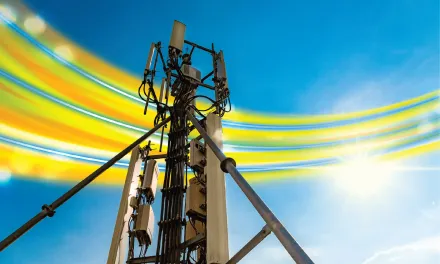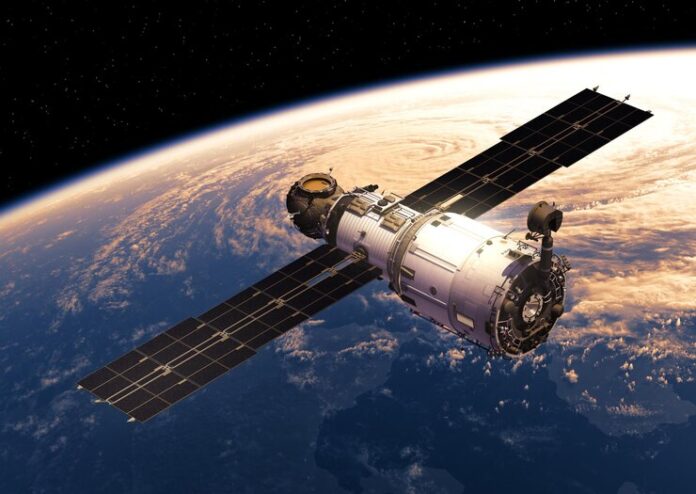In Short:
The finance ministry has increased the FDI limits for satellite-related activities, allowing up to 100% FDI in the space sector. The new rules went into effect on April 16, aiming to attract more foreign investors. This comes ahead of Elon Musk’s India visit, where he is expected to announce investments of $2-3 billion in the EV segment and meet Indian space players. Under the new rules, different FDI limits apply for various space activities, with government approval required beyond certain limits. The investee entity must adhere to sectoral guidelines issued by the department of space.
How Will the Relaxed FDI Cap in the Telecom Sector Affect the New FDI Rules for the Space Sector?
The relaxed FDI cap in the telecom sector may have implications for the new FDI rules for space sector. With the increased foreign investment in telecom, there could be a greater push for liberalizing the FDI rules in the space industry as well. It’s an interesting development to watch.
Exciting News: Boost in Foreign Investment for Satellite-Related Activities in India
Hey there! Did you hear about the recent notification from the finance ministry regarding enhanced foreign direct investment (FDI) limits for satellite-related activities in India? Well, if you haven’t, here’s the scoop for you.
Key Details
The new rules, which were based on a decision by the Cabinet in February to relax FDI caps, officially came into effect on April 16. This move aims to attract more foreign investors to the Indian space sector, just in time for Tesla chief Elon Musk’s upcoming visit to India starting on April 21.
Reports suggest that Musk is planning to announce investments of $2-3 billion, particularly in the electric vehicle (EV) segment, and will also be meeting with key players in the Indian space industry during his visit.
Important Changes
Under the new rules, a significant increase in FDI limits has been introduced for the space sector. Now, up to 100% FDI is allowed in this area, opening up exciting possibilities for investment and growth.
Specifically, up to 74% FDI is permitted through the automatic route for activities such as satellite manufacturing, operation, and related products. Beyond this threshold, government approval will be required for higher FDI percentages.
Similarly, for launch vehicles, spaceports, and associated systems, up to 49% FDI is allowed through the automatic route. Any investment beyond this limit will need approval from the government. Additionally, 100% FDI under the automatic route is permitted for manufacturing components and systems for satellites and related segments.
What’s Next?
The recent notification also highlighted that the investee entity must adhere to sectoral guidelines issued by the Department of Space, ensuring compliance and smooth operations.
With these new rules in place, India is gearing up to welcome increased foreign investment and collaboration in the thriving space industry, paving the way for exciting developments and advancements in the sector.
Stay tuned for more updates as we witness the positive impact of these changes on the Indian space landscape!





